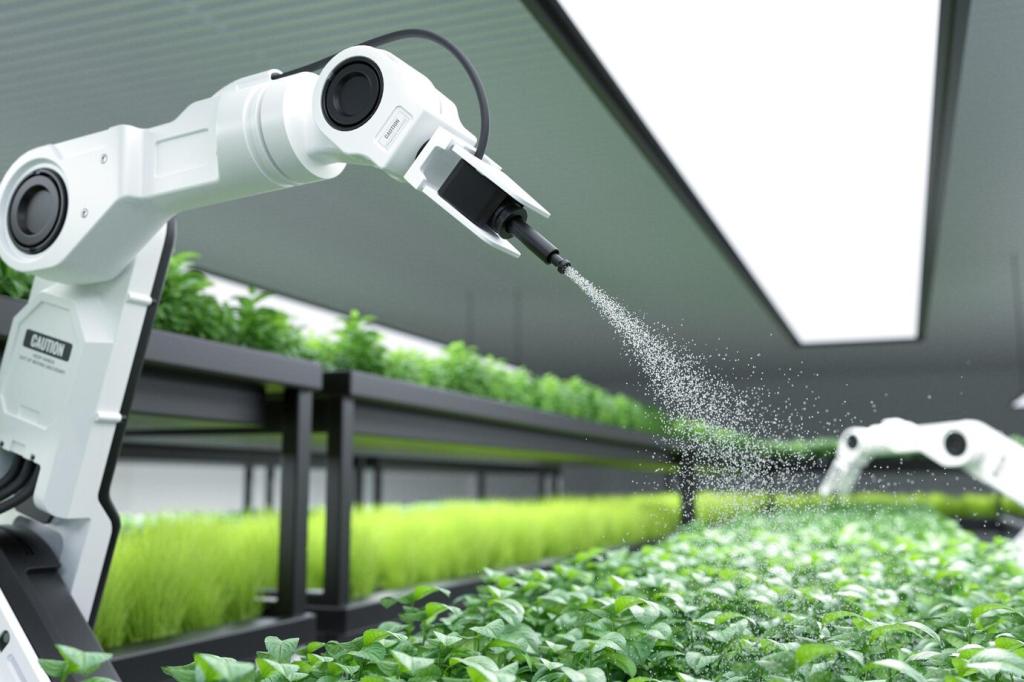
Sustainable Urban Gardening Solutions
Sustainable urban gardening solutions are at the forefront of creating greener, more resilient cities. As urban areas continue to grow, the importance of integrating eco-friendly gardening practices into city landscapes increases. Sustainable gardening not only beautifies our urban environments but also contributes to biodiversity, improves air quality, and provides access to fresh produce. By implementing innovative solutions adapted to urban settings, individuals and communities can play a pivotal role in building a healthier, more sustainable future.
Innovative Approaches to Urban Gardening
Vertical gardening systems are revolutionizing the way city dwellers grow plants by enabling gardens to rise upwards instead of spreading outwards. These installations require very little ground space and can be attached to walls, fences, or free-standing frames, making them ideal for tight urban environments. By utilizing pockets, shelves, or hydroponic setups, vertical gardens efficiently use water and nutrients while reducing the need for pesticides. This innovative approach not only brings greenery to the heart of dense cityscapes but also acts as a natural insulator, helping to regulate building temperatures, improve air quality, and enhance public aesthetics, proving that gardening can thrive even when horizontal space is scarce.
Previous
Next
Eco-Friendly Techniques for Sustainable Growth
Building healthy, living soil is fundamental to sustainable gardening. Organic soil building involves enriching urban soils with compost, mulches, and natural amendments to support beneficial microorganisms and nutrient cycles. Unlike synthetic fertilizers, organic amendments improve soil structure, water retention, and long-term fertility without causing toxic runoff that can pollute city waterways. Urban gardeners often create their own compost from household food scraps and yard trimmings, reducing waste while nurturing their gardens. By prioritizing soil health, urban gardens become more resilient to pests, disease, and extreme weather, playing a critical role in the success of sustainable urban agriculture.

Community Gardens
Community gardens serve as vibrant gathering places where city residents come together to grow food, ornamental plants, and friendships. These shared spaces are often found in vacant lots or public parks, allowing people without private gardens to cultivate their own plots. Participation in community gardening encourages collaboration across diverse cultural and generational backgrounds, celebrating local traditions while teaching sustainable practices. Beyond food production, these gardens often host workshops, celebrations, and educational programs, strengthening neighborhood ties and increasing civic engagement. The sense of ownership and shared responsibility that community gardens foster can enhance neighborhood safety, reduce crime, and create lasting positive impacts.

Educational Initiatives
Educational initiatives grounded in urban gardening provide valuable hands-on learning experiences for people of all ages. Schools often adopt garden-based curricula to teach students about biology, ecology, nutrition, and environmental stewardship. Adult education programs in urban gardening can address local food security and encourage greater self-sufficiency. Workshops on composting, native plants, or sustainable gardening techniques cultivate practical skills that benefit individuals, families, and communities. By integrating gardening education into city life, urban populations become more environmentally literate, making greener choices that ripple beyond garden gates and into daily routines.
